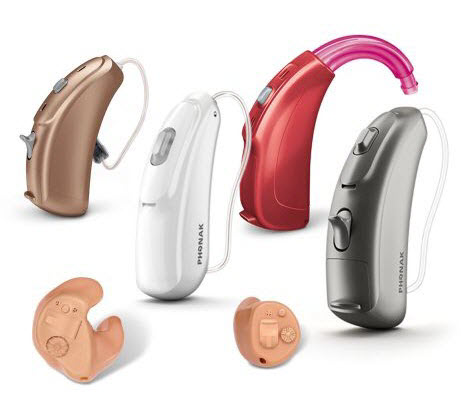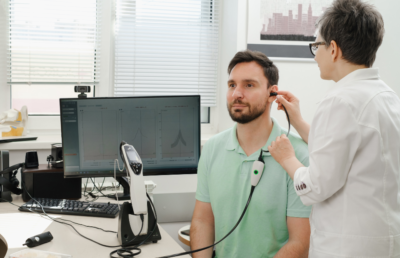After clearing the hurdles of realizing you may have hearing loss, going to a Doctor of Audiology and getting a hearing test, and choosing a suitable hearing aid, comes the real challenge: figuring out how to pay for your new hearing device. Here’s what you need to know about hearing devices and insurance policies.
Medical Insurance
The vast majority of Americans have health insurance, but they may be surprised to find out that the majority of insurance companies do not cover hearing aids. In some instances insurance companies do cover these devices, in which case we can verify the insurance coverage and benefit, and help you select a hearing device that fits with the plan at the time of your hearing aid consultation.
Some insurances offer discount plans to cover hearing tests and hearing devices, but these may not always be the best option for the patient. These plans can limit where you are able to go for your services and limit what device you are allowed. Chicago Hearing Services can help discuss all these options with you.
Medicare
At this time, Medicare does not cover hearing aids, which can be hard to believe but is unfortunately the truth. However, Medicare will cover an audiologic evaluation if you have a medical referral from your physician. Visit the Medicare website for more information.
Children and Early Intervention
Early intervention through the Individuals with Disabilities Education Act (IDEA) guarantees coverage of certain costs associated with audiology services. Early intervention services are provided through the child’s local school system or local health department, depending on the state in which you live. You can inquire with your early intervention service coordinator to find out whether your child qualifies for an early intervention and what exactly would be covered. Most times hearing aids are not covered and is an out of pocket expense to parents. Chicago Hearing Services can help parents find necessary funding to help with these out of pocket expenses.
Coming Soon? The Tax Hearing Aid Credit
A newly proposed bill called the Hearing Aid Tax Credit would provide a tax credit of up to $500 per hearing device ($1,000 if two are needed) once every 5 years, for those making less than $200,000 a year. This credit could also be used by persons over 55 years of age for the purchase of a hearing aid. To check on the latest progress of the bill as well as contacting your legislator, visit this page.
A Special Word About Hearables
Hearables, which are devices that are meant to enhance one’s hearing but are not medical devices, have recently been growing in popularity, in part because they can be bought over the counter and used by anyone. Because these are not classified as medical devices, they are never covered by insurance policies and the consumer has to cover the entire cost of the device.
Have a question about whether a hearing test and a hearing device are covered by your insurance policy? Reach out to us for more information.




